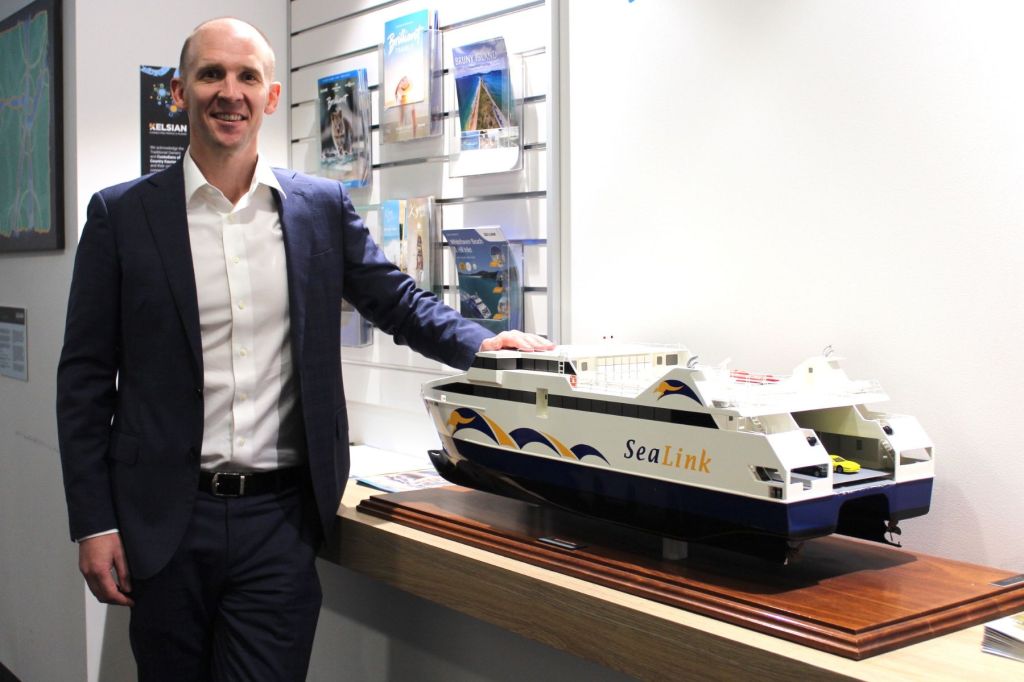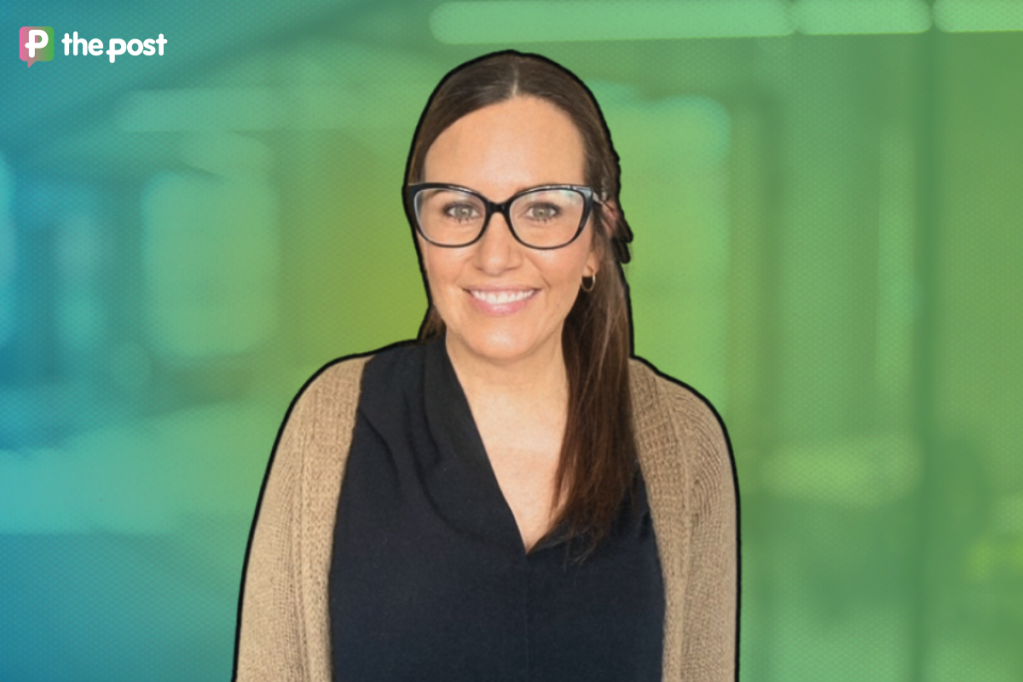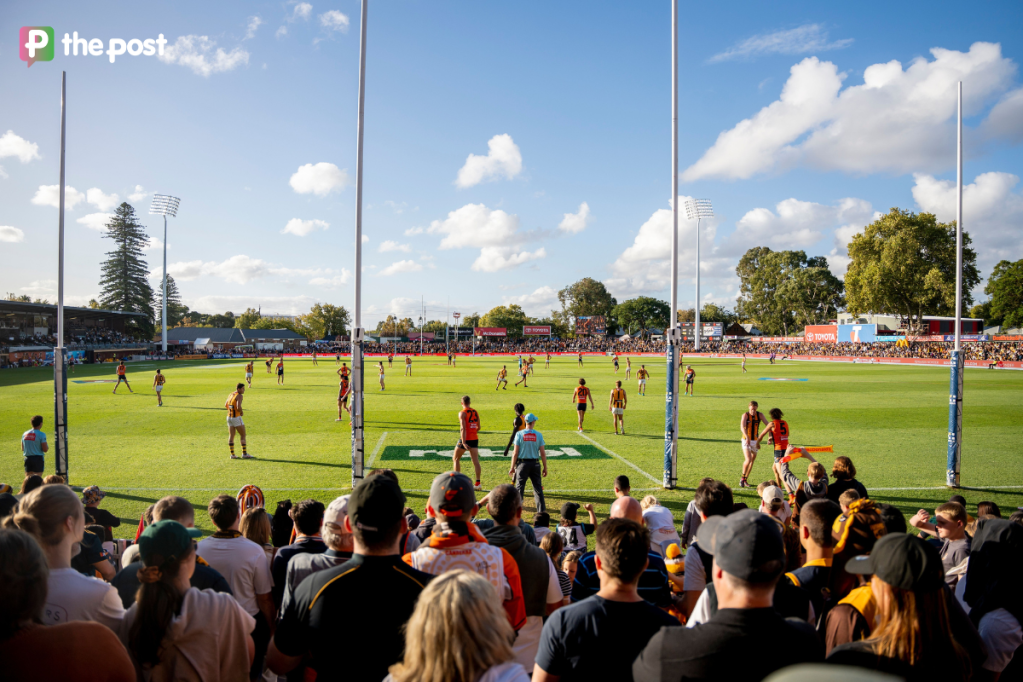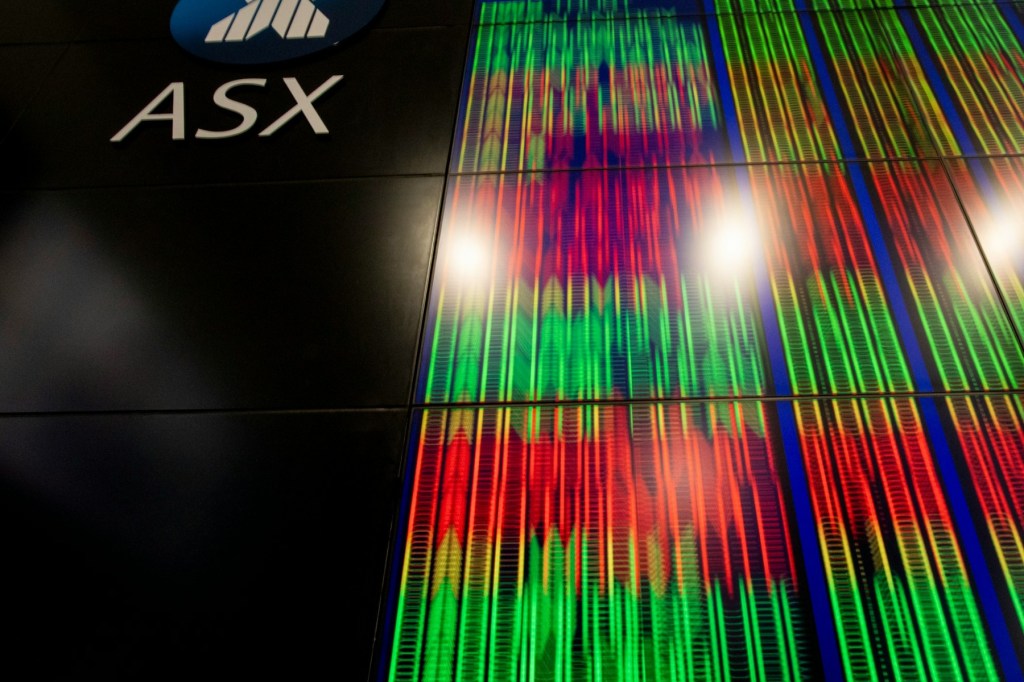Kelsian’s new CEO is full steam ahead
One day after formally starting as the new CEO of multi-national, Adelaide-based transport firm Kelsian, the company unveiled plans for a major transformation. Speaking exclusively with InDaily, Graeme Legh explained how a more focused business will steady the ship.

At the beginning of April, long-term Kelsian employee Clint Feuerherdt stepped down from the role of CEO, and tapped the boss of the Adelaide-based company’s US division to take his place.
Just one day after Graeme Legh stepped into the shoes of Feuerherdt, who’d led the company for the past five years, Kelsian announced a potentially transformative piece of news.
The company told shareholders it was exploring divestment options for a portfolio of its Australian tourism assets to “streamline the business, reduce debt and improve shareholder value”.
That portfolio – a revenue powerhouse delivering the company $160 million last financial year – includes its Adelaide Sightseeing business which operates bus tours to the Barossa, Hahndorf, Adelaide, Victor Harbor and on Kangaroo Island.
Kelsian would keep its iconic Kangaroo Island ferry service if any deal goes through, and would pivot to focus on its marine, bus and motorcoach transport businesses while lowering capital intensity and increasing the stability of its earnings base.
Debt would also be paid off, the company said, and some money could be set aside for further growth in the transport sector.
As such, it’s been a busy first week for Legh.
Kelsian career
Legh, like Feuerherdt, is part of the furniture at Kelsian. After a stint in corporate finance, Legh joined public bus operator Transit Systems in 2009 where he worked his way up the ladder to be appointed general manager of business development in 2013.
You might like
He was in that role for nearly seven years until Kelsian – then called SeaLink – bought Transit Systems for more than $600 million.
He then took up the title of Kelsian group chief development officer for nearly four years, after which he was flown over to Denver, Colorado to helm Kelsian’s new subsidiary: All Aboard America! Holdings which it bought for $487 million.
He spent nearly two years in Denver, leading the sprawling US division which manages both public bus services and motorcoaches too.
“Denver was fantastic,” Legh told InDaily.
“My girls went from never seeing snow to being pretty good skiers in the two winters that they had over there. Living in the mountains and the snow was pretty cool for a family that’s grown up in Brisbane and hadn’t seen a lot of snow.”
Running the US arm of the company was akin to running the larger Kelsian; the US subsidiary has multiple subsidiaries of its own, and “different parts of the US have different ways of doing business”.
“I learned pretty quickly that a one-size-fits-all solution doesn’t work,” he said.
“One of the things that I’ve learned from our business in the US is having a decentralised model, where you empower your local people who understand their local market, their local conditions, the things that drive their local market, is really, really valuable.”
How All Aboard America made acquisitions made sense to Kelsian, which has also maintained brand continuity after buying new subsidiaries within Australia.
“Under the previous owners… they had a vision of acquiring market-leading operators in the US and because they were acquiring market-leading operators, it didn’t make a lot of sense to get rid of the really strong brands,” he said.
“It was actually one of the things that attracted us as Kelsian to that business when we first got into that process – there are a lot of similarities between the way that business had been set up and the way Kelsian had come together.”
He said he’d experienced this first-hand back when he was working for Transit Systems.
Stay informed, daily
“In Adelaide, we had Torrens Transit. There was a very strong push from the guys in Adelaide at the time that they didn’t want to become Transit Systems, they wanted their own identity,” he said.
“Their staff were hugely proud to wear Torrens Transit on their shirts, and the management of those businesses felt that taking that away and putting sort of a generic brand name on the shirts would mean losing a piece of the culture that had been built up over a long time.
“We very much bought into that in terms of how Transit Systems and then Kelsian had grown over the years. Finding it in a business in the US that had a lot of similarities was certainly a good thing and made the pretty substantial move into a new and different geography much easier.”

The ferry service at K’gari is part of the portfolio up for divestment. Photo: Kelsian
Inside the tourism portfolio divestment
Kelsian laid out its rationale for the proposed sale of its tourism portfolio, but Legh was yet to speak publicly on the matter.
He told InDaily that he acknowledged the company’s share price was weaker than it could be, and that “clearly we’re getting a message from our equity investors that we need to be doing things a little bit differently going forward”.
“We’ve got the message from investors about the leverage of the business, which is probably higher than the equity markets would like it to be,” he said.
“From a business perspective – in terms of how the business is performing and the cash flow the business is generating – we’re comfortable with it.
“Our shareholders don’t like where the leverage is at the moment, which is one of the drivers of why the portfolio review has happened and why we made the decision to go down the path of potential divestment.”
He said his number one focus was on ensuring the culture of the business was not impacted by any divestment, and that the company continued with a “strong, empowered workforce moving forward, regardless of what happens”.
“The decision we’ve taken… shows where we think we want to focus our attention on going forward, which is really on the more infrastructure-like contracted transport opportunities, be that in buses or marine,” he said.
“We want to… take away some of the volatility that comes with some of the tourism assets.”
It appears as if the company is attempting to recession-proof its business, but with volatility in the global markets making waves in the economy InDaily asked whether the timing worried Legh.
“It would be crazy to say no given what’s happened in the last week and clearly being a seller of an asset in this current environment is not ideal and buyers are going to be more reserved and more concerned about putting money on the table to acquire assets,” he said.
“I think the good news for us, or the fortunate position that we’re in, is we’re not a forced seller of these assets. Yes, selling these assets will allow us to fast-track some of the changes and improve our balance sheet, but we know that the balance sheet is going to improve over time whether we sell these assets or not.
“If we don’t get the right offer… we’re happy to continue on as part of our portfolio.”








